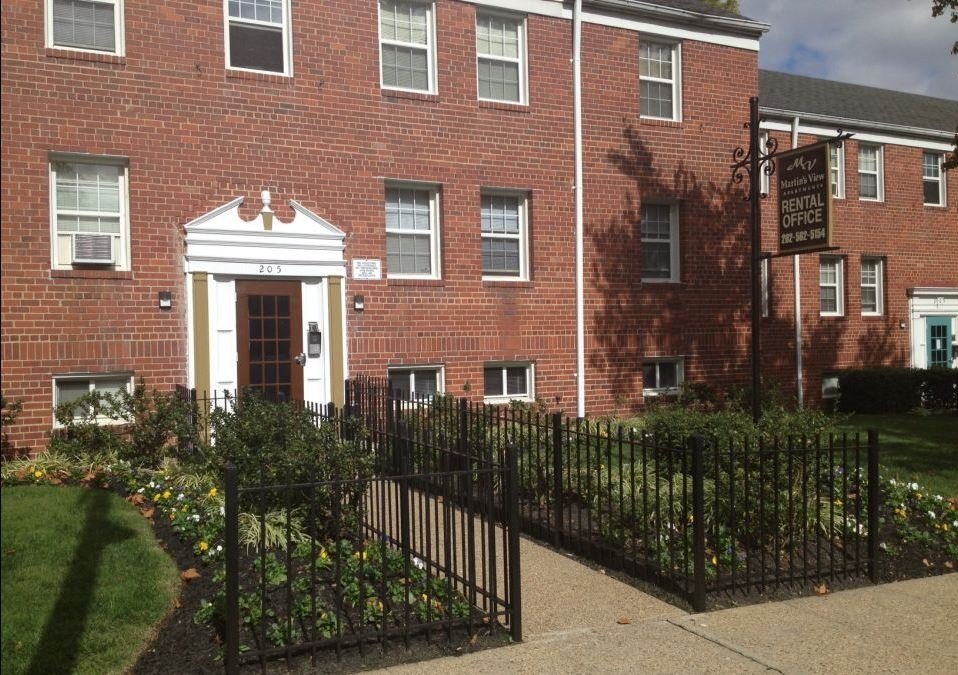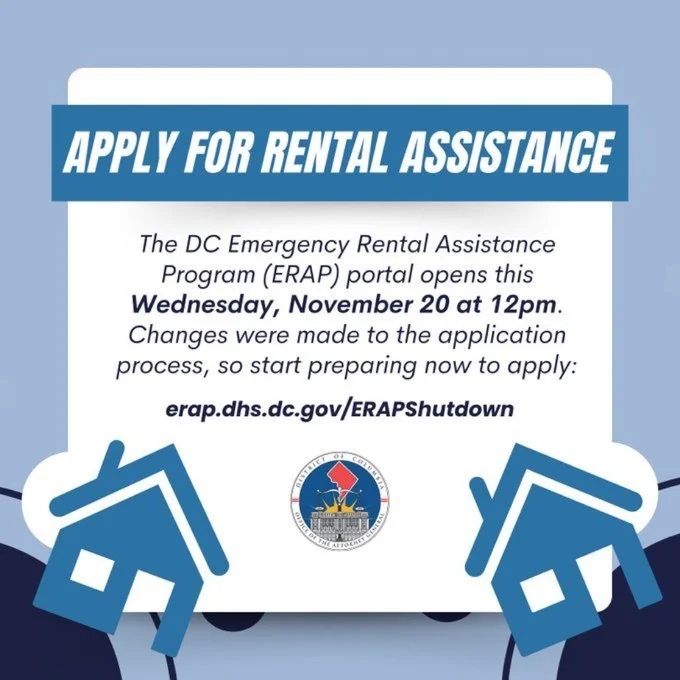
Tenant Associations expand our options as tenants
CONTACT US - To promote your business or event, address housing concerns, or if you have any questions, feel free to reach out!
Residents of Martins View Supports the reintroduction/passing of the
“Do Right by DC Tenants Amendment Act of 2023”
Objective: The bill seeks to ensure that rental properties in DC are properly maintained, safeguarding tenants from neglectful landlords.
Regulatory Authority: The Department of Licensing and Consumer Protection (DLCP) is granted the authority to deny new business licenses and building permits to rental property owners who fail to address serious housing violations.
Criteria for Denial:
If a property owner accumulates more than 5 Class 1 or Class 2 infractions (serious housing code violations) within a 12-month period, they may be denied the necessary licenses and permits.
Reinstatement Process:
Owners can regain their licenses and permits if they resolve all violations and wait at least 12 months after the last infraction is fixed.
Consistency in Regulation:
Similar criteria are applied to the denial of building permits, ensuring comprehensive enforcement of housing standards.
Implementation:
The bill will take effect after mayoral approval, a 30-day congressional review, and publication in the DC Register.
The SAFE Act - requires DOB to conduct a security assessment of properties when one of the below triggers are met:
2 seizures of controlled substances within a three-month period;
2 seizures of firearms within a six-month period; or
2 arrests for crimes of violence or dangerous crimes committed at the property within a six-month period.
Requires self-closing and self-locking exterior doors, as well as exterior lighting, on all rental properties with 5 or more units.
Following a security assessment, requires the Department of Buildings to issue a report detailing specific measures that should be taken to address safety concerns.
This report must be shared with the Office of the Attorney General, the Office of the Tenant Advocate, the associated Advisory Neighborhood Commission and Ward Councilmember office, and the president of any applicable tenant association.
Expands the scope of the Nuisance Abatement Act to include serious crimes involving guns, enhancing OAG’s ability to enforce the Act in situations where crimes of violence or dangerous crimes involving a firearm are occurring at a property.
General Lighting Requirement:
The owner must install and maintain one or more lights at or near the outside of the front entrance way of each structure.
The lighting must provide not less than:
100 watts incandescent illumination (or equivalent) for structures with a frontage of up to 22 feet.
200 watts incandescent illumination (or equivalent) for structures with a frontage exceeding 22 feet.
Special Requirements for Larger Frontages and Wider Entrances:
If a structure has a frontage exceeding 22 feet and front entrance doors with a combined width exceeding 5 feet, the owner must:
Install at least two lights, one on each side of the entrance way.
Ensure the aggregate illumination is 300 watts incandescent illumination (or equivalent).
Owner Discretion:
If the minimum illumination level is maintained, the owner can determine the details of location, design, and installation of the lighting fixtures.
The DC Emergency Rental Assistance Program (ERAP) applications open TODAY **Wednesday, November 20th at 12pm! Gather your documents now!

In the News
ERAP Reform Amendment Act of 2024:
Fix the real problem: Rent is too high, incomes are too low, and there are limited supports to bridge the difference.
The legislation would ban self-certification of income, harming undocumented and nontraditional workers (gig work, side hustles).
It would require proof that an emergency situation is unexpected. This change narrows the number of households that would be eligible for assistance and makes it unclear how applicants would even prove such a requirement.
Limits court stays to one per case, reducing protection against eviction for tenants with pending ERAP applications. Applications take an average five months to process; evictions can be executed before funds are dispersed.













